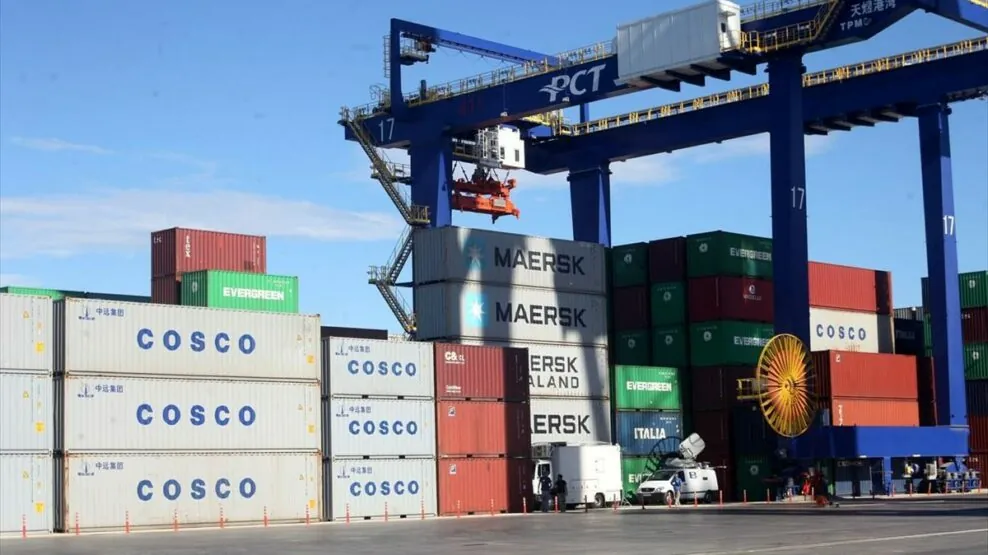Serious concerns are being raised in the business world and domestic market over the recent trade agreement, which provides for the imposition of 15% tariffs on products manufactured in the European Union and exported to the United States. This is a particularly unfavorable agreement – “draconian” as market circles describe it – that threatens to burden not only Greek exporters, but also consumers. The tariffs hit a wide range of productive sectors, from agriculture and livestock to heavy industry, such as steel and aluminum, where the charges reach up to 50%. The additional cost that Greek companies are called upon to cover creates strong pressure for it to be passed on to the domestic market – and therefore to product prices on the shelves.
“Apogevmatini” contacted representatives of the business community to map out the strategies being considered for absorbing the new burdens. Despite reassuring statements about “every possible effort” to avoid burdening the consumer, there is simultaneously an expressed need for adaptation to the new circumstances, with emphasis on increased costs and the market’s difficulty in absorbing them.
This dual stance reveals a difficult equation: businesses are facing significant adjustments that – indirectly or directly – may lead to new waves of price increases. As if customs tariffs weren’t enough, Greek exports are additionally tested by the strengthening of the euro against the dollar. The increased exchange rate has raised export costs by approximately 17%, adding an “invisible” tariff to the already pressured outward-looking activity of Greek businesses.
Read more at iapogevmatini.gr




